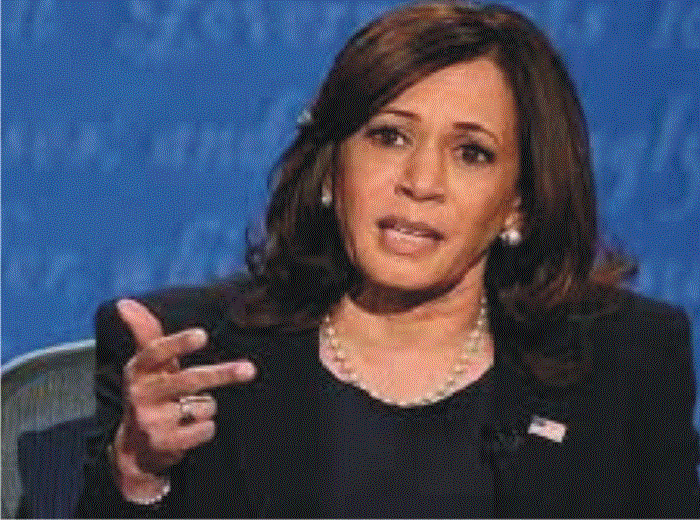Africa Pledges To Deliver Blue Economy At Africa Blue Economy Forum (ABEF) 2019
The prospect of a fully sustainable Blue Economy for Africa gathered significant momentum following the second Africa Blue Economy Forum (ABEF2019) held in Tunis on 25-26 June.
Fishing, aquaculture, shipping, ports, energy and finance industries all came under the spotlight at ABEF2019, which drew in Government ministers, business leaders, international investors, academics and environmental organisations from across the globe.
The need for direct action to deliver the environmental, economic and social benefits for Africa, and particularly its coastal nations given 90 per cent of Africa’s trade is conducted by sea, was stressed during the two days of insight. Speakers at ABEF2019 agreed on the urgent need for better cooperation between the ocean stakeholders, better governance and law enforcement. Regional, national and local strategies are required to build a long-term plan and develop partnerships that are beyond short-term projects. Engaging with new technologies and innovative financing mechanisms are also key to shaping a sustainable Blue Economy in Africa.
Leila Ben Hassen, ABEF founder and CEO of Blue Jay Communication, which organised the forum, said: “We can no longer just dip our toe in the water, we must dive in and be decisive in making and delivering change that will serve Africa for many years to come. It is no longer business as usual. Africa must have a sustainable Blue Business plan which will have a positive impact on the environment, on the economy and on society.”
A sustainable Blue Business plan will accelerate Africa’s transformation, create jobs, sustain livelihoods and empower communities, while offering impactful climate change measures.
This was acknowledged at ABEF2019 across a range of panels with topics that explored how governments and private sectors can collaborate; tackling ocean pollution; innovative funding solutions; enhanced food security and sustainable growth for the fishing industry; sustainable ocean energy; how to engage more women to work in the maritime value chains and the opportunities to embrace the youth generation in the Blue Economy.
Key outcomes from ABEF2019 saw the World Ocean Council, Tunisian Maritime Cluster and SETAP Tunisia signed a Memorandum of Understanding to create a platform to connect, share information, scientific research and technologies between the Mediterranean and the coastal African countries. In addition, WIMA Africa (Women in Maritime Association) launched the Tunisia Chapter with the objective of empowering women and reinforcing collaborations between Tunisian and African women in the maritime industry.
The event attracted a significant number of high-level speakers, who can drive change and opinions, including government ministers HE Samir Taieb, Minister of Agriculture, Hydraulic Resources and Fisheries, Republic of Tunisia; HE Mokhtar Hammami, Minister of Environment, Republic of Tunisia; HE Elizabeth Naa Afoley Quaye, Minister of Fisheries and Aquaculture, Republic of Ghana and HE Kwaku Ofori Asiamah, Minister of Transport, Republic of Ghana.
Information on ABEF2019 can be found on website (www.ABEF2019.com). Details of ABEF2020 will be released later this year.




